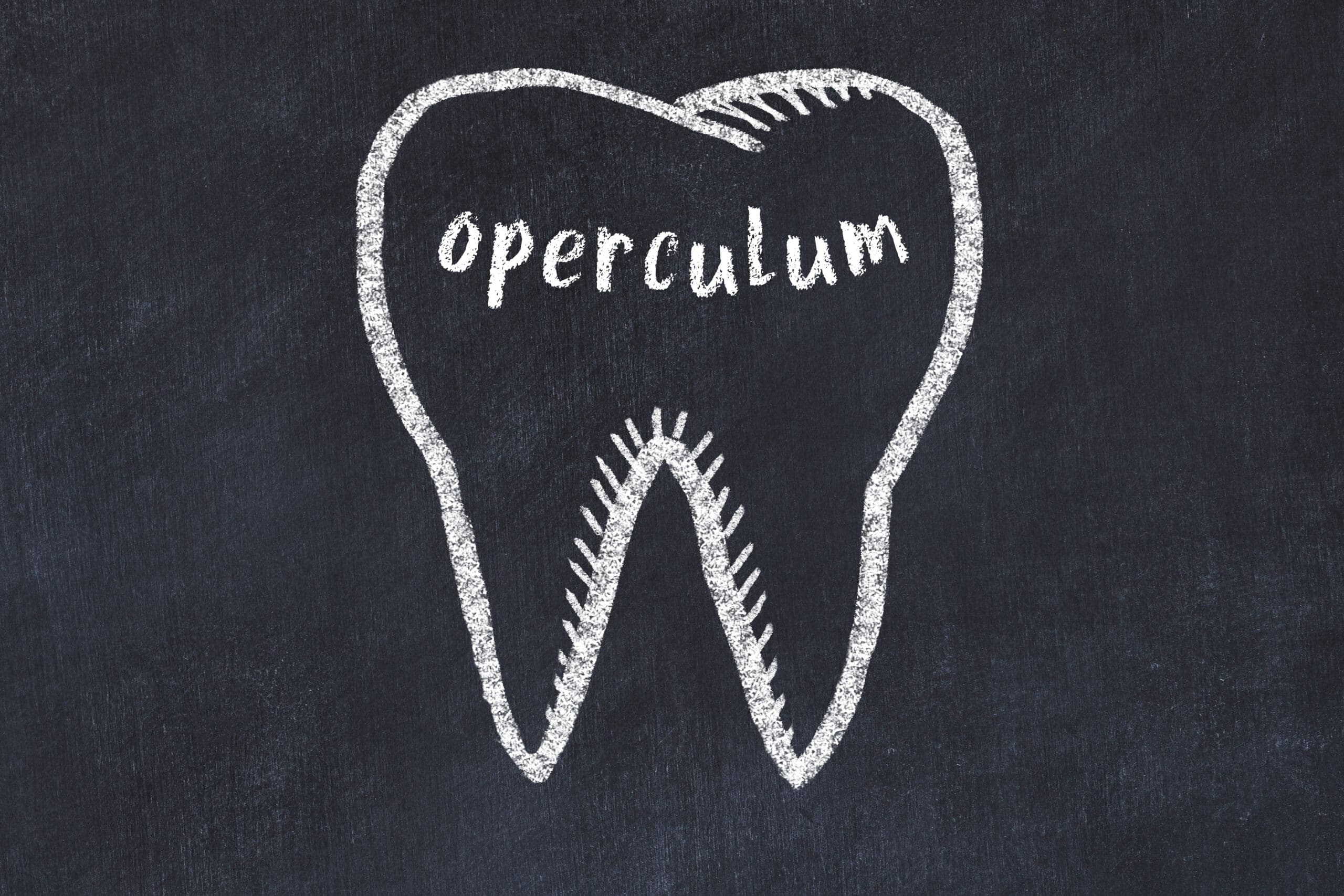In Canada, 17% of people have avoided going to a dental professional within the past year because of the cost. However, there are some dental conditions that will only continue to worsen without professional help, like a dead tooth.
By learning more about the signs of a dead tooth in your mouth, you will be more prepared to find a Dentist in Mississauga to help you with your oral health issues.
Do you want to learn more about the signs that you have a dead or non-vital tooth? Keep reading this for the most common symptoms of a dead tooth.
Tooth Pain
One of the most common symptoms of a dead or non-vital tooth is experiencing tooth pain. While some people will not feel much pain, others will feel intense pain as the nerve continues to die and decay.
This pain can also be caused by an infection in your decaying tooth. As the tooth continues to die, it will usually lead to increased pain. If you are experiencing tooth pain due to a dying tooth, it may also be difficult to chew or use your jaw.
Many people wonder why their tooth is painful if the nerve itself is dead. However, tooth pain from a dying tooth is due to sensitive nerve endings around the outside area of the tooth.
As bacteria and pus build up in the cavity beneath your tooth, it can put pressure on your nerve endings which is what causes your pain. If you notice that you have sudden and serious pain in your teeth, it may be due to a dead or dying tooth.
You can treat this tooth pain by getting a root canal, extracting the tooth, or through another restorative dental service.
Unpleasant Odor
Another common sign that you have a dead or non-vital tooth is if you notice an unpleasant odor in your mouth. A decaying tooth can lead to halitosis, more commonly known as bad breath. This is often because there is a buildup of bacteria in your mouth as your tooth begins to rot and die.
This bacteria often produce sulfur when it breaks down proteins in your mouth. As tooth decay breaks down the enamel and dentine in your mouth, the bacteria will consume these substances and release gas into your mouth that causes an unpleasant odor.
While getting a treatment like a root canal can prevent tooth pain and prevent your tooth from smelling, it may not help improve the appearance of your dead tooth. You can consult with your dentist to identify whether your bad breath is actually caused by a dead tooth or if there is something else causing the odor.
Bad Taste in Your Mouth
Not only will the dead tooth cause halitosis, but this can also make your breath taste bad. When you have a dying tooth that leads to an infection or abscess, it can allow pus, bacteria, and other byproducts to fill your mouth.
Plus, the bacteria in your mouth will have access to food but not oxygen. Instead, they breathe sulfur which is what makes your breath taste bad.
Often, bad-tasting breath can be improved by making changes to your diet and improving your oral health routine. However, if your bad-tasting breath is caused by a dying tooth, you will need to get help from your dentist to improve the taste in your mouth.
Change in Tooth Color
Another one of the most easily recognizable signs of a dead tooth is a change in the color of your tooth. This is also one of the earliest signs that your tooth is dying, so it is important that you get treatment as soon as possible.
Because your dead tooth is no longer receiving blood, it will often turn darker as the red blood cells die. While most dead teeth look brown or gray, some also turn yellow.
Your dead tooth will look significantly different than your healthy, white teeth. Even if you are experiencing tooth discoloration from stains and the food that you eat, a dead tooth will look different than the rest of your teeth.
The discoloration will also increase over time while your nerves continue to die and as your tooth continues to decay. This can be a painful experience and it may affect your confidence in your smile.
Swollen Gum Line
While most people experience tooth pain if they have a dead or dying tooth, many people also experience pain in their gums and swelling.
One reason why your gum line may be swollen is if an abscess is forming near the root of your dying tooth. This is a sign that you have an infection and will lead to swelling and inflammation throughout your gums and to the tip of the root of your tooth.
Pus can also form in your mouth if your body is trying to fight a tooth or gum infection and may result in a swollen gum filled with pus that looks similar to a pimple.
Dealing With a Dead Tooth? Find a Dentist in Mississauga Today
A dead tooth can be detrimental to your dental health and will require going to the dentist office to treat it. By knowing these signs of a dead tooth, it will be easier to recognize the symptoms and find a dentist near Mississauga to help.
Are you looking for a Dentist in Mississauga? Limelight Dental can help! Our team of dental experts provides everything from general dentistry to restorative dental work and more.
Contact us to learn about the treatments for a dead tooth or to schedule an appointment!




